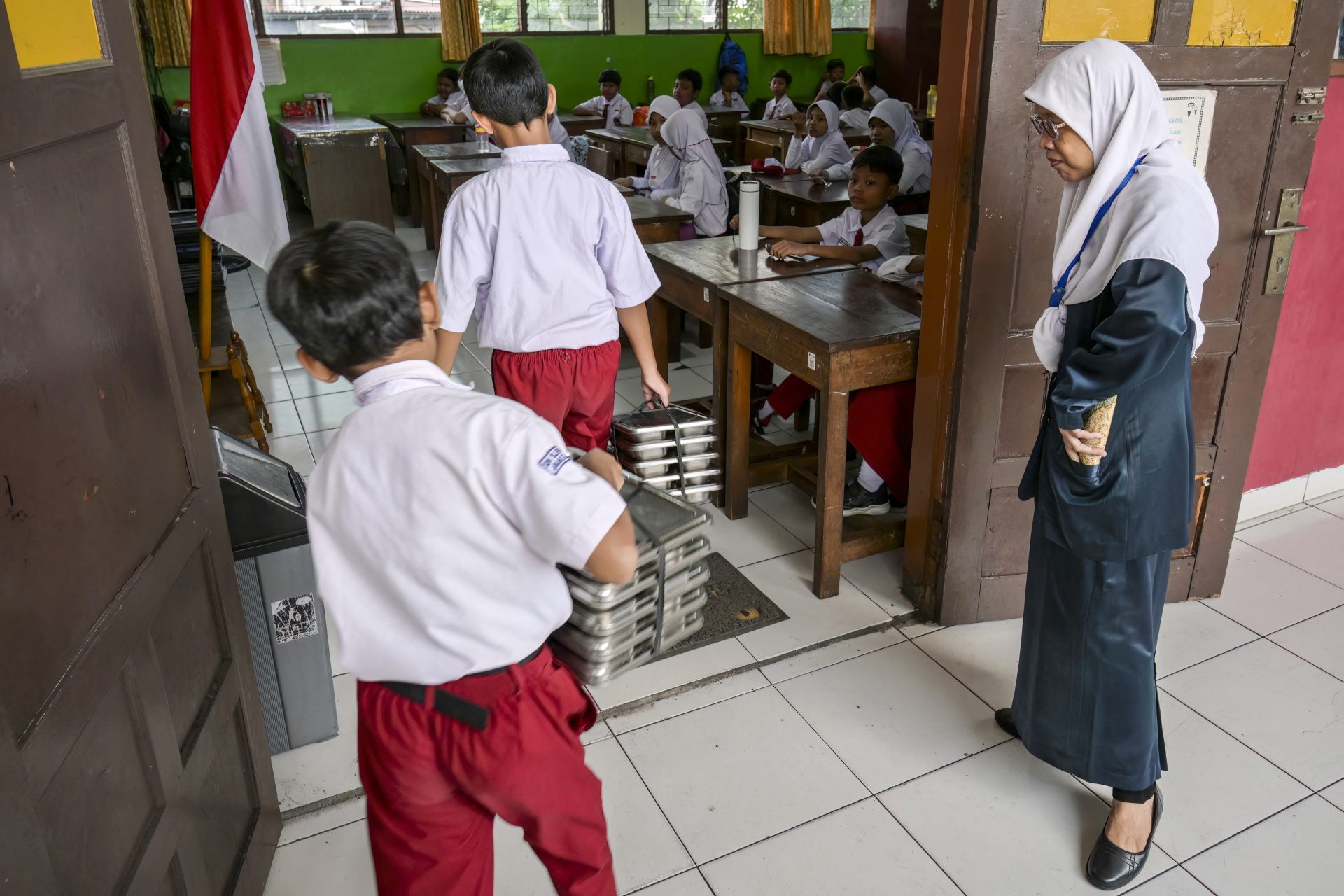A Catholic missionary has welcomed Indonesia’s national school feeding program, praising its early benefits to children’s nutrition and education, especially in poor and remote areas.
But as the ambitious plan expands, it faces mounting challenges—from funding shortfalls and protests to reports of food poisoning and corruption.
“I hear mostly positive things about the nutrition and free meals program for children, launched by the Indonesian government last January, in various parts of Indonesia,” said Father Alfonsus Widhiwiryawan S.X., National Director of the Pontifical Mission Societies in Indonesia.
In an interview with Fides News Agency, the priest said the program is having “an impact on children’s nutrition, and even Catholic schools and our seminaries have benefited.”
The program was launched on January 6, shortly after President Prabowo Subianto assumed office, fulfilling a major campaign promise to combat child malnutrition.
By July, nearly 7 million children had been served, according to the government, with a target of 24 million by the end of August and 82 million by 2029.
Father Widhiwiryawan said the program is particularly valuable in impoverished regions such as Papua and Borneo, where child food insecurity is severe.
He added that its impact is felt in Catholic communities, with parishes and schools reporting improved learning outcomes due to better child nutrition.
The initiative is being rolled out by provincial governments through 1,873 “food service units,” with 473 more expected.
About 10,000 local cooperatives and small businesses supply the meals. It is backed by UNICEF and international partners, who monitor implementation and food safety.
However, a report by Agence France-Presse paints a more complicated picture of the program’s rollout.
From January to mid-June, the program had reached only about five million students—far short of the 17.5 million projected for 2025.
Reports of food poisoning emerged from at least six schools, including one case in Bandung where a young girl fell violently ill.
“My daughter had a stomach ache, diarrhoea, and a headache,” her mother told AFP. “She also couldn’t stop vomiting until three in the morning.”
President Prabowo downplayed the incidents, citing a “99.99 percent success rate.” But critics say the plan was rushed and poorly planned, raising concerns about safety, corruption, and accountability.
“There is no transparency,” said Egi Primayogha of Indonesia Corruption Watch. “Since the beginning, the programme was rushed, without any good planning.”
Investigations by local media have also revealed that several partners appointed to carry out the program were linked to Prabowo’s political allies.
Meanwhile, a catering business in Jakarta went public after not being paid $60,000 by the government.
The program, initially allocated $4.3 billion, was revised downward following protests and delays. Still, it has sparked major budget cuts in the Ministries of Health, Education, and Public Works.
In response, some parents and experts are urging a pause. A May survey by research institute Populix found that over 83 percent of respondents believe the program should be reviewed.
“If necessary, the programme should be suspended until a thorough evaluation is carried out,” said Egi.
While the government insists improvements are underway—including new safety protocols and staff training—many parents remain skeptical.
“I don’t find this programme useful. It poses more risks than benefits,” said the mother of the sick child in Bandung. “I don’t think this programme is running well.”
Despite these setbacks, Father Widhiwiryawan emphasized the potential of the initiative if implemented properly, particularly in addressing long-term food insecurity and promoting human development.







